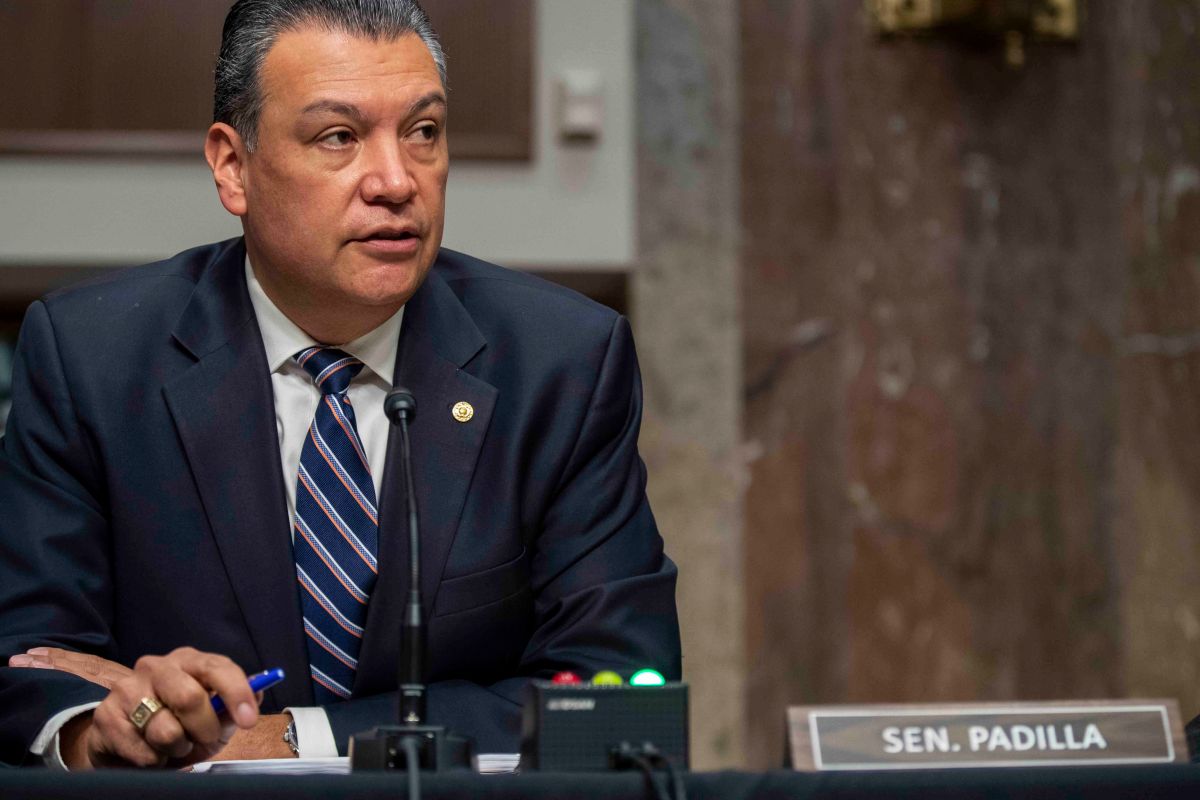
A demand for citizenship for 5.2 million "essential workers" in the U.S.
Legislators and groups are calling for pathways to citizenship for essential undocumented workers in the United States.
Democratic lawmakers, activists and faith leaders called Wednesday, May 12 for a pathway to citizenship for the 5.2 million undocumented migrants who were on the front lines as "essential workers" during the COVID-19 pandemic.
Alex Padilla, a Democrat, convened and led a hearing of the Subcommittee on Immigration, Citizenship and Border Security in the House Judiciary Committee. The central theme has been the important role immigrants have played during the pandemic in the United States.
"Because of the arbitrary rules of our immigration system too many families are denied opportunities. America depends on the labor of immigrants, and immigrants have put their health and family at risk to keep the country running," said Padilla in recognition of the role millions of undocumented essential workers have played in the country.
RELATED CONTENT
The demand is for citizenship for these essential workers.
According to a FWD.US report cited at the hearing, nearly 23 million immigrants have worked in jobs related to health care, agriculture, food production and directly in sanitation. Of this group, some 5.2 million are undocumented inmigrants. In addition, nearly one million of these are young people who were brought to the country illegally when they were minors, the study noted.
Moments before the hearing, religious organizations and hundreds of migrants marched to the Capitol demanding citizenship for undocumented workers. "You can't pick strawberries or milk cows via Zoom.That's why, while so many of us turned to remote work, rural farmworkers continued to show up to work in person," Bruce Goldstein, president of Farmworkers Justice, told lawmakers.
On the other side of the political spectrum, Republican Sen. John Cornyn said the role of immigrants in the national economy is "critical." However, he believes that the "current situation at the border" must first be resolved.











LEAVE A COMMENT:
Join the discussion! Leave a comment.